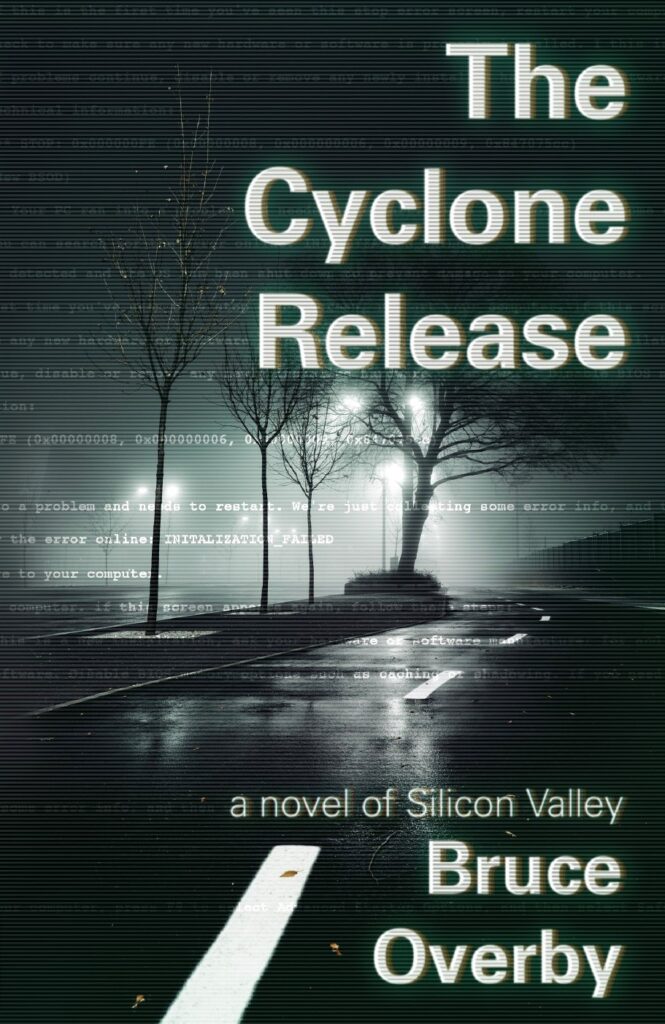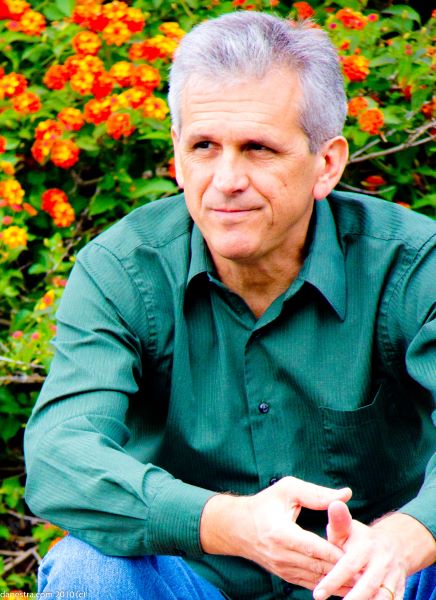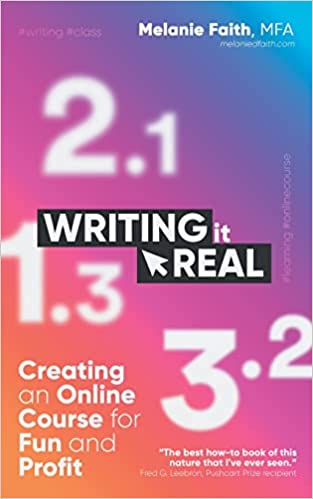Editor’s Note: This exchange is part of a series of brief interviews with emerging writers of recent or forthcoming books. If you enjoyed it, please visit other interviews in the I’ve Got Questions feature.
- What’s the title of your book? Fiction? Nonfiction? Poetry? Who is the publisher and what’s the publication date?
The Cyclone Release – A Novel of Silicon Valley
Fiction
Madville Publishing, November 15, 2022
- In a couple of sentences, what’s the book about?
It’s the late 90s Internet boom, and Brendon Meagher has just lost his wife Sadie in a freakish car accident at the edge of Silicon Valley. The Cyclone Release follows Brendon as he emerges from tragedy and lands in a pre-IPO start-up that promises astonishing riches. Mo Gramercy, a bright and commanding colleague with her own dark secrets, joins Brendon, disrupts his malaise, and takes him as her lover. The characters careen toward IPO millions, their secrets suddenly converging, and both are shaken without mercy from bucolic notions of work, life, and impending fortune.
- What’s the book’s genre (for fiction and nonfiction) or primary style (for poetry)?
Upmarket Literary Fiction
- What’s the nicest thing anyone has said about the book so far?
“Masterful, provocative, and compulsively readable.”
— Danielle Girard, USA Today and Amazon #1 Bestselling Author of Far Gone
- What book or books is yours comparable to or a cross between? [Is your book like Moby Dick or maybe it’s more like Frankenstein meets Peter Pan?]
Saul Bellow’s Seize the Day at the cusp of the internet age.
- Why this book? Why now?
The Cyclone Release is a realistic portrayal of a work-obsessed culture and its impact on the human condition. It shifts the focus away from the youthful billionaires we see in the headlines, and toward those who toil at screens and keyboards, even as they face down demons of tragic loss, the need for belonging, and the fear of not measuring up. Right now, in what are hopefully the later stages of the pandemic, the world of work is being transformed in countless ways, a transformation that is largely being driven by Silicon Valley. This is therefore the perfect time for an intimate look behind the cubicle walls of Silicon Valley during a similar period of transformation, the late-90s internet boom.
- Other than writing this book, what’s the best job you’ve ever had?
This book is loosely based on my years in Silicon Valley startup companies from 1999 to 2002, and my most cherished experience was one I had during that time, when I was about the same age as my protagonist, Brendon Meagher, who is 38. Setting aside the word salad used to describe the specifics of the job, I was essentially a writer, a teacher, and a manager of just a few people. It was difficult and painful, but I grew immeasurably as a person during that time, as I think Brendon does during the hard summer of 1998 depicted in the book.
- What do you want readers to take away from the book?
I want this book to help readers understand that Silicon Valley is not a business model or a tribe of young billionaires infecting our society as they pack their offshore accounts; it’s a place with a distinct culture and history all its own. It’s a place where regular people toil daily for reasons that are universally human: security, dignity, and a need to belong, to be part of something larger than oneself.
- What food and/or music do you associate with the book?
In Silicon Valley startups, companies often serve free food in company break rooms: donuts in the mornings and in the evenings, trays of rice, butter chicken, and lamb saag, or refried beans, chili colorado, and chili verde. The Verve’s “Bittersweet Symphony,” with its prescient lyric, blasts from the speakers at the company’s IPO party.
- What book(s) are you reading currently?
Having just finished Lucy by the Sea by Elizabeth Strout, my favorite American author and former thesis advisor, I am now reading Gravity Hill by fellow Madville Publishing author Susanne Davis. My book won Third Prize in Madville’s Blue Moon Novel Competition, and Gravity Hill won Second Prize, and I not only try to support my fellow lesser-known authors, I find this is a great way to read and recommend some truly remarkable writing that might otherwise go unnoticed.
Learn more about Bruce on his website.
Follow Bruce on Facebook, Twitter, Instagram, and YouTube.
Buy the book from the publisher (Madville Publishing), Bookshop.org, Indiebound, Amazon, Barnes & Noble, or Books, Inc.



